
The vaccine is suggested to cause more rare cases of thrombosis with thrombocytopenia syndrome than the mRNA-based vaccine, especially among younger individuals.

The vaccine is suggested to cause more rare cases of thrombosis with thrombocytopenia syndrome than the mRNA-based vaccine, especially among younger individuals.

Tenofovir alafenamide is a nucleoside analog reverse transcriptase inhibitor specifically indicated to treat HBV in adults with compensated liver disease.

Carl Schmid, executive director of the HIV+Hepatitis Policy Institute, discusses how the new once every 2-month injectable PrEP has shown potential to increase adherence among populations with the greatest need.
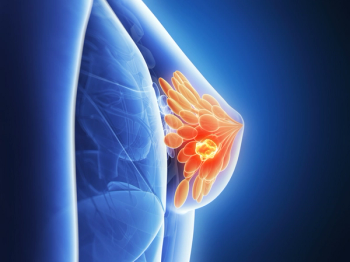
Study finds little evidence to support the long-standing recommendation that women with a first-degree family relative diagnosed with breast cancer should get screened 10 years earlier.

It is time to compensate pharmacy technicians in accordance with their value.
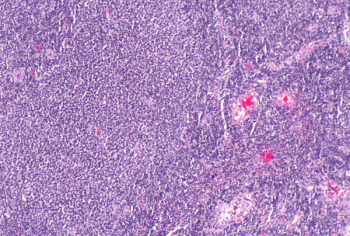
Epcoritamab is an investigational subcutaneous bispecific antibody being investigated for the treatment of adult patients with relapsed/refractory large B-cell lymphoma.
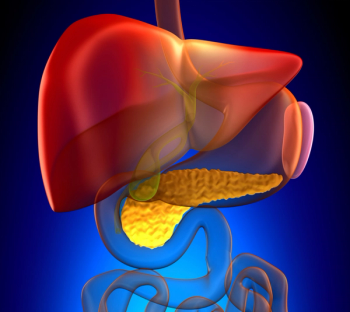
A compound often found in citrus fruits, nobiletin, could be a less toxic and more effective treatment for cholangiocarcinoma.

Chronic hypertension during pregnancy increases the risk of poor pregnancy and birth outcomes.

Purpose-built assisted reality solutions help streamline processes and maintain regulatory compliance from the laboratory to the factory floor.

Providers working in collaboration with pharmacists saw significantly more patients than providers who worked independently.
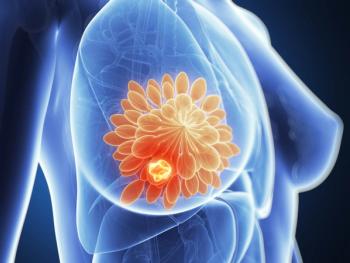
Camizestrant is a next-generation oral SERD and pure Erα antagonist that has demonstrated anti-cancer activity across a range of preclinical models, including in patients with ER-activating mutations.
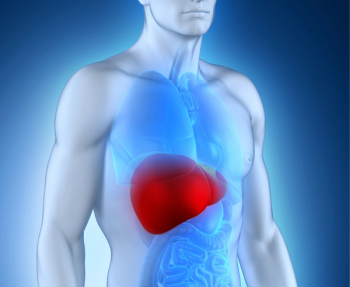
Inflammation-based prognostic scores can be a valuable tool in assessing the overall survival of patients with intrahepatic cholangiocarcinoma.

Otilimab also inhibits the biological function of GM-CSF by blocking the interaction of GM-CSF with its cell surface receptor.

The estimation of glomerular filtration rate based on cystatin C could provide a more robust prediction of cardiovascular disease and mortality in patients.

Covis announced positive topline results for 2 new medications that can treat patients with moderate to severe stable chronic obstructive pulmonary disease.

In a panel, pharmacy technicians discuss the future of pharmacy technicians in United States, Portugal, and the United Kingdom.
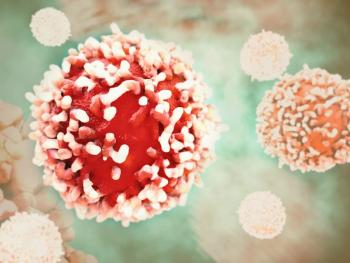
Results demonstrate improved progression-free survival in the overall patient population and in a prespecified biomarker subgroup of tumors with alterations in specific genes, AstraZeneca says.

Findings are encouraging for individuals with cancer who are receiving immune checkpoint inhibition treatment and want to get a third vaccine dose, investigators said.

Modifications related to final product verifications, immunizations, and remote work loom on the horizon for 2023.

Ozanimod is an oral, sphinogosine 1-phosphate (S1P) receptor modulator that binds with high affinity to S1P receptors 1 and 5.
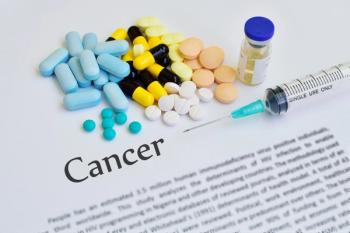
By 2019, lung cancer mortality rates decreased by 5.4% in males since 2015, while deaths from ovary cancer have also declined rapidly over the past 2 decades.

In a panel, pharmacy technicians across the world discuss the role of automation in United States, Portugal, and the United Kingdom.
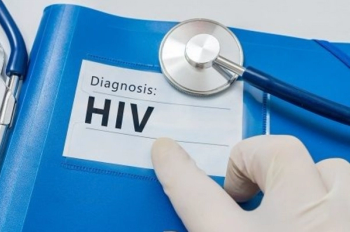
Although clinicians cited lack of time as a reason for not using patient-reported outcomes, patients with HIV viewed their use very positively.
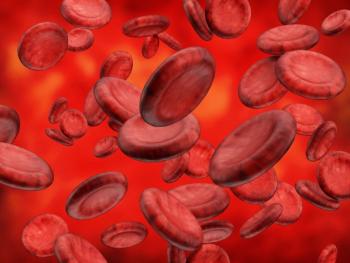
Phase 2 APPLY-PNH trial shows positive results superiority vs anti-C5 treatment in adult patients with PNH with residual anemia despite prior therapy.

ASCP 2022 session presenters review the evidence that tipped the scales against the use of aspirin for primary prevention in patients aged 60 years or older.
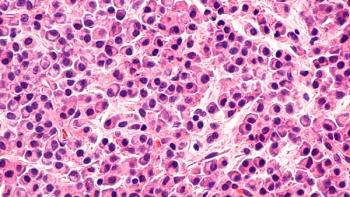
The indication is approved under accelerated approval based on response rate, and continued approval for this indication may be contingent upon verification and description of clinical benefit in confirmatory trials.
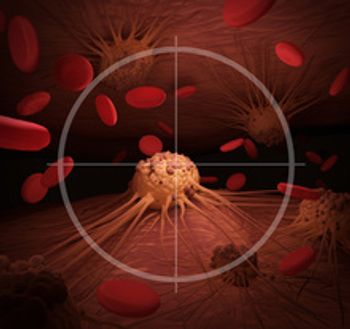
Research suggests that positron emission tomography scans are effective at detecting early and late Hodgkin’s lymphoma, and the results could help manage and reduce toxicity from current chemotherapies.
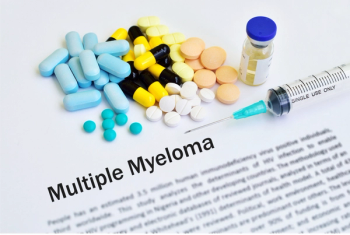
Understanding the novel mechanisms of multiple myeloma can help to develop better next-generation therapies that overcome drug resistance.
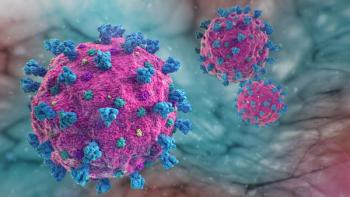
Study results indicate durable immune response from bivalent booster after 3 months of follow-up.

Highest prevalence is seen among adults, outpatients, and women and can cause persistent severe anosmia or hyposmia, findings indicate.